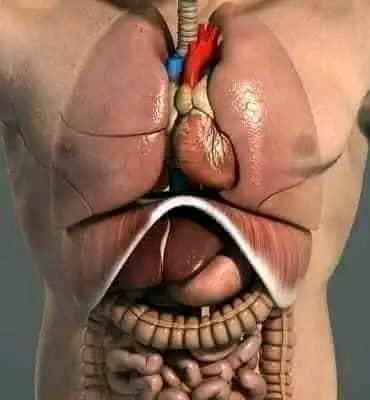HOW TO HANDLE STRESS

A lot of people around the globe deal with stress every day and in different areas of life like; family issues, work, health concerns, financial status, etc. As a result of this, stress can lead to many dysfunctions such as heart disease, anxiety and depression but this can be curbed with a few steps highlighted in this article.
Read on to know how you can reduce stress for the safety of your health.
SELF-CARE IS ESSENTIAL
Setting aside time for yourself to attend to your needs helps in stress reduction and you can simply practice this by:
Take a walk outside, bathe with candles, read a good book, exercise, cook yourself a healthy meal, get a massage, engage in a hobby, use a diffuser with calming scents, do yoga and lots more.
Self-care is associated with lower levels of stress and improved quality of life, whereas lack of self-care is associated with a higher risk of stress and burnout.
Taking care of yourself is essential for living a healthy life. This is especially important for people who are under a lot of stress, such as nurses, doctors, teachers, and others.
SPEND TIME WITH FAMILY AND FRIENDS.
Friends and family can provide social support to help you get through stressful times.
A social support network is essential for your overall mental health. If you’re feeling lonely and don’t have friends or family to turn to, social support groups can be beneficial. You can consider joining a club or sports team, or volunteering for a worthy cause.
AVOID PROCRASTINATION
Another way to manage your stress is to prioritize your tasks and avoid procrastination.
Procrastination can reduce your productivity and force you to scramble to catch up. This can lead to stress, which has a negative impact on your sleep duration and quality.
If you frequently procrastinate, try to develop the habit of making a to-do list organized by priorities.
Set realistic deadlines for yourself and work your way down the list. Work on the tasks that are more important and urgent and also don’t forget to give yourself blocks of uninterrupted time.
TAKE A DEEP BREATH
Stress activates your sympathetic nervous system, causing your body to go into fight-or-flight mode.
Stress hormones cause physical symptoms such as a faster heartbeat, faster breathing, and constricted blood vessels during this reaction.
Deep breathing exercises can assist in activating your parasympathetic nervous system, which regulates the relaxation response.
Diaphragmatic breathing, abdominal breathing, belly breathing, and paced respiration are all examples of deep breathing exercises.
Deep breathing focuses your attention on your breath, making it slower and deeper. While you take a deep breath through your nose, your lungs completely expand and your belly rises. This slows your heart rate and allows you to relax.
These are a few effective ways to handle stress. I hope you learnt something.
Share with your friends and family.
Follow us for more Health tips and how to lead a disease-free life.







Id like to thank you for the efforts you have put in penning this site. Im hoping to see the same high-grade blog posts by you in the future as well. In fact, your creative writing abilities has inspired me to get my own site now 😉
Insightful read! Your analysis is spot-on. For more detailed information, visit: READ MORE. Eager to see what others have to say!